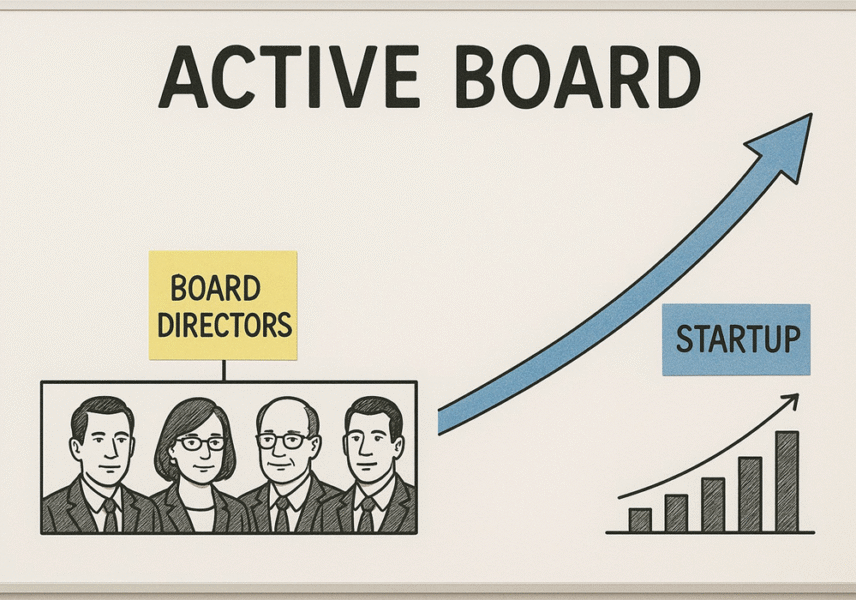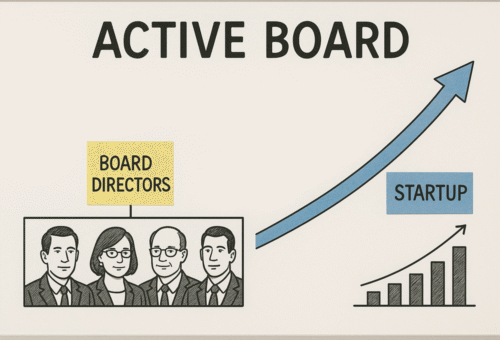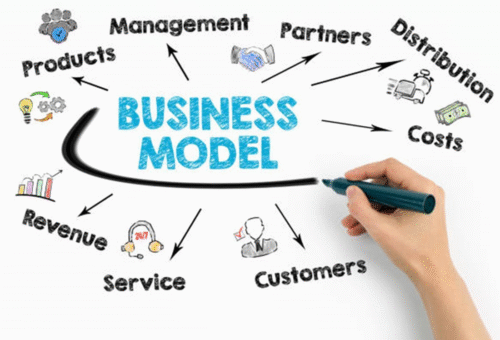
As we celebrate the vibrant entrepreneurial spirit sweeping across Africa and other emerging markets, we also need to have an honest conversation about one of the silent growth barriers in the scale-up ecosystem: the lack of active, engaged boards of directors.
While many start-ups operate with informal advisory groups or founder-led decision-making, the transition from start-up to scale-up demands a more structured approach to governance. Unfortunately, too many promising scale-ups delay or neglect building an active, well-composed board — and the repercussions can be serious.
The Cost of Inactive or Absent Boards
Here are some of the common risks and missed opportunities I have observed in scale-ups without strong board governance:
Strategic Drift
Without the discipline of board oversight, founders can lose strategic focus. Growth may become opportunistic rather than sustainable and aligned with long-term value creation.
Capital Inefficiency
Boards help drive capital discipline and optimize funding decisions. Scale-ups without this structure often suffer from poor capital allocation, cash burn issues, or suboptimal fundraising terms.
Risk Blind Spots
Founders and small leadership teams can easily develop blind spots — whether related to compliance, operational risks, or reputation. A diverse, engaged board brings broader risk perspectives to the table.
Lack of Investor Confidence
Investors, especially institutional and later-stage VCs, value companies with robust governance. Weak or inactive boards can become a red flag when raising larger rounds or preparing for exit.
Leadership Isolation
Scaling is hard emotionally and intellectually. Founders and CEOs without an active board lose out on valuable mentorship, sounding boards, and accountability partners.
Over-reliance on Founders (Key Person Risk)
Without a board to help build leadership depth, the company remains too founder-centric.
If the founder burns out, leaves, or becomes ineffective, the entire organization is at risk.


Poor Talent Oversight & Culture Risk
Without an active board, there is often no one holding leadership accountable for:
- Building the right culture
- Developing and retaining talent
- Addressing toxic behaviors early
This can lead to high turnover, poor employee morale, or even HR scandals that derail growth.
Missed Strategic Partnerships & Networks
A good board brings connections — corporate partners, customers, future investors.
Without it, many scale-ups remain insular and miss opportunities to accelerate growth through strategic alliances.
What Does an “Active Board” Look Like?
An active board for a scale-up should go beyond formalities:
- Meets regularly with meaningful agendas
- Brings diverse skills (finance, legal, operations, sector expertise)
- Supports leadership but holds them accountable
- Actively contributes to strategy and risk oversight
- Is aligned with the long-term mission of the company
- Evolves as the company matures
A Call to Action
As an advisor, board member, and former CFO for scale-ups, I have seen firsthand how transformative an engaged board can be — and how damaging its absence can become.
If you are a founder scaling your business, consider this your prompt to prioritize board development now, not later. If you are an investor, mentor, or ecosystem leader, let’s help normalize the importance of governance at the scale-up stage.
Companies that scale with strong foundations — including governance — are far better positioned to attract capital, talent, and ultimately achieve sustainable impact.
#ScalingWithGovernance #BoardEffectiveness #ScaleUpLeadership #ResponsibleGrowth #CFOInsights



